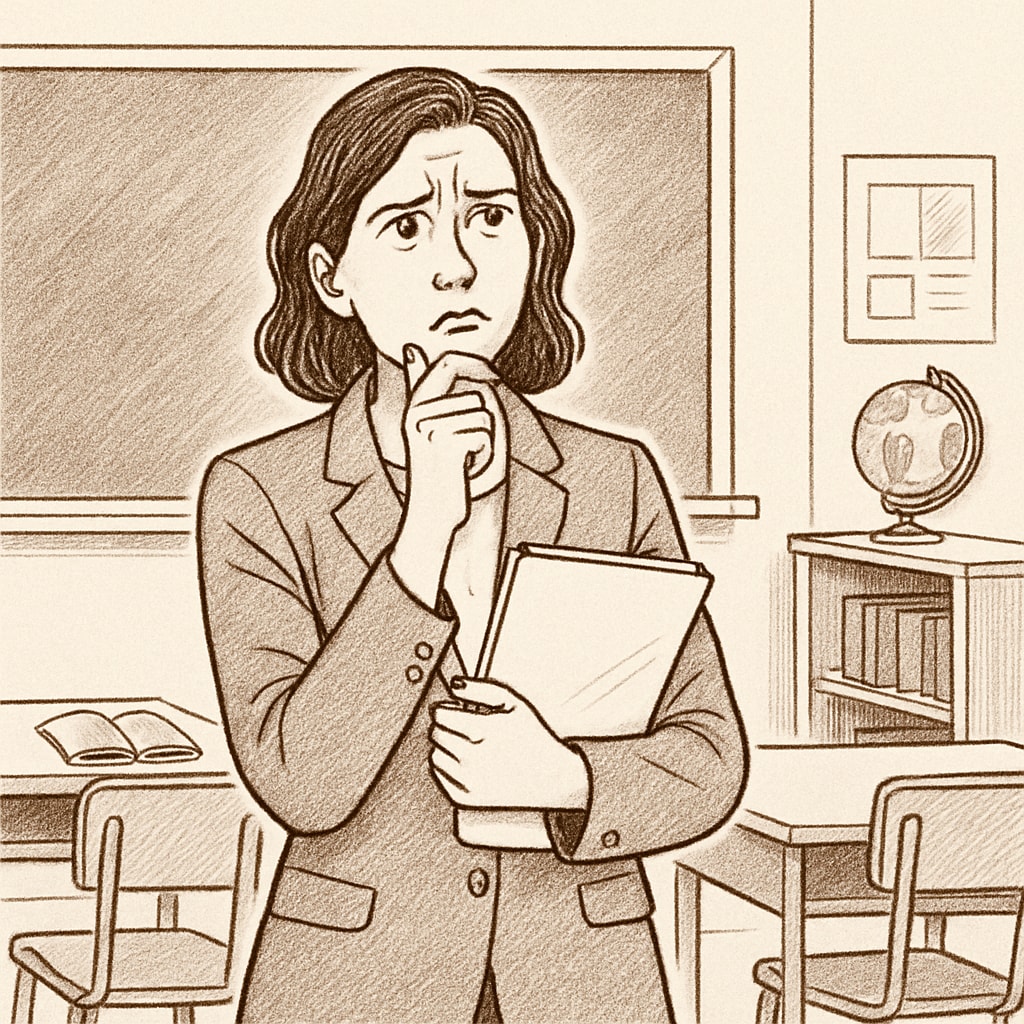When academic supervisors lack the necessary professional skills to guide educators effectively, the consequences can be severe. Issues such as improper guidance, professional incompetence, and inadequate leadership can ripple through an institution, negatively affecting teaching quality, student safety, and teacher development. A recent case brought forward by a teacher highlights the urgent need for stricter selection and oversight mechanisms for academic supervisors.

The Risks of Unqualified Academic Leadership
Academic supervisors play a pivotal role in shaping the educational environment. They are responsible for setting academic standards, mentoring teachers, and ensuring the overall success of students. However, when supervisors lack the necessary expertise, they not only fail to fulfill these duties but also create an atmosphere of confusion and inefficiency.
For example, unqualified supervisors may provide misguided feedback to teachers, leading to ineffective teaching strategies. In some cases, their decisions might even compromise student safety, such as neglecting critical protocols for classroom management or overlooking essential training for staff. According to a report on education leadership, poor leadership is one of the top factors contributing to teacher dissatisfaction and turnover.
How Improper Guidance Affects Teachers and Students
In the case of the teacher mentioned earlier, their academic supervisor repeatedly dismissed their professional concerns, instead offering advice that directly contradicted established educational practices. This not only undermined the teacher’s confidence but also disrupted the learning experience for students.
Here are some of the most common issues caused by improper guidance:
- Inconsistent teaching methodologies that confuse both teachers and students.
- Increased stress levels among educators due to conflicting expectations.
- Reduced student performance as a result of poor curriculum decisions.
- High teacher turnover rates, leading to instability within schools.
Such problems highlight the critical need for academic supervisors to possess both subject matter expertise and leadership skills. Without these qualifications, they are likely to harm more than they help. A study published by Wikipedia on Educational Leadership underscores that effective leaders are those who are both professionally competent and empathetic toward the needs of their staff.

Addressing the Education Leadership Crisis
To mitigate the damage caused by unqualified academic supervisors, schools and education systems must implement stricter selection and evaluation processes. Here are some recommendations:
- Require advanced certifications or degrees in education leadership for academic supervisors.
- Conduct regular performance evaluations to ensure supervisors meet professional standards.
- Establish mentorship programs for new leaders to develop their skills effectively.
- Encourage open feedback channels where teachers can report concerns without fear of retaliation.
In addition, schools must prioritize ongoing training for academic supervisors to keep them updated on best practices in education. This not only benefits the supervisors themselves but also creates a more supportive environment for teachers and students alike.
Conclusion: A Call for Accountability
The role of academic supervisors is too important to be filled by individuals lacking the necessary qualifications. As the case of the teacher demonstrates, poor leadership can lead to a cascade of negative outcomes, including reduced teaching quality, lower student performance, and dissatisfied staff. By establishing stricter selection processes and ongoing accountability measures, we can ensure that academic supervisors are equipped to guide schools toward success.
It is time to address the leadership crisis in education head-on. Only by holding academic supervisors to higher standards can we safeguard the future of our schools and the students they serve.
Readability guidance: Short paragraphs and lists are used to enhance readability. Transition words such as “for example,” “however,” and “in addition” are included throughout for better flow. Passive voice is limited to maintain an engaging tone.


